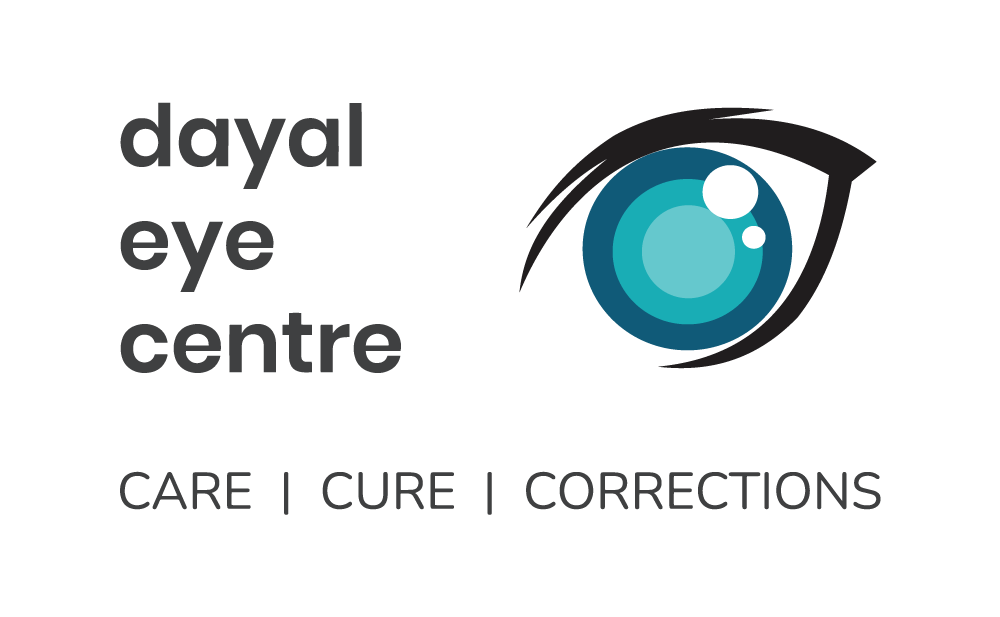Best Retina Treatment in Gurgaon
In Haryana, Dayal Eye Centre provides the best retina treatment with better care and expert assistance. The center treats conditions such as diabetic retinopathy, age-related macular degeneration, and retinal detachment. Using advanced tools, our experienced eye surgeons diagnose and treat you using laser therapies, injections, or surgery, depending on your condition. Dayal Eye Centre is the most trusted and effective retina treatment provider for patients all over Haryana. Book an appointment today to safeguard your eyesight and get the treatment you need earlier.
22 Years of Experience
Cashless Payment
NABH Accredited
Advanced Technology
Expert Professionals
Personalized Care
On Time Service
20+ Years of Trust
Excellence Achieved in Eye Care Field



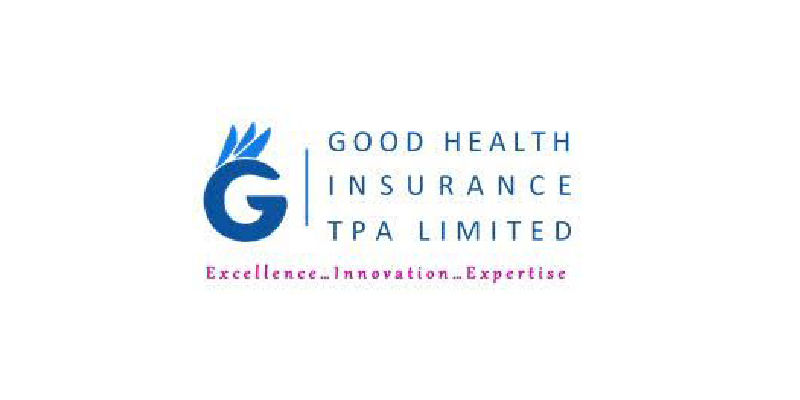






Dayal Eye Centre
Dayal Eye Centre specializes in retina treatment using the latest technology and experienced specialists. The retina is important for sharp vision, and any damage can cause severe eye issues. We have skilled surgeons who can safely and effectively treat various retinal conditions.
Our successful track record speaks through 1,20,000 surgeries performed. NABH accreditation shows our dedication to maintaining high standards in quality care and patient safety. Every patient gets a defined diagnosis, a personalized treatment plan, and complete assistance along the journey.
What is Retina?
The retina is a thin, mesh-like layer that lines the back wall of the eye, much like a wallpaper. It consists of visual cells and is made up of 10 layers, making it the most complex and sensitive part of the eye. The retina’s function is to absorb light and transmit signals to the brain that enable you to see clearly.
Retinal damage isn’t only about impaired vision. It is a serious eye condition that requires medical attention. Retina treatment depends on the severity of the condition. The treatment options include laser therapy, medication via injections, or surgery. Schedule an appointment today at Dayal Eye Centre for expert retina care and treatment.
Causes of Retinal Diseases
Aging: The eye changes as you get older.
Vitreous Shrinkage: The gel within the eye may shrink over time, pulling away from the retina and potentially leading to retinal issues.
High Blood Sugar (Diabetes): Too much sugar in the blood can harm the retina.
Eye Injury: An injury to the eye can damage the retina.
High Blood Pressure: High blood pressure can damage the retina and affect overall eye health.
Short-Sightedness: Being very near-sighted can cause retinal problems.
Genetics: A family history of eye problems can increase the risk.
Infection or Swelling: Infection or swelling in the eye can affect the retina.
Blood Clots: Clots in the eye’s blood vessels can block blood flow and affect vision.
Symptoms of Retinal Diseases
- Seeing floaters like specks, dots, or cobwebs in your vision.
- Blurred or twisted vision, where straight lines might seem wavy.
- Trouble seeing from the sides (loss of side or peripheral vision)
- Partial or complete vision loss.
If you notice any of these symptoms, don’t wait. Get expert diagnosis and specialized retina care at Dayal Eye Centre.
Who Should Undergo Retinal Surgery?
Retinal Detachment: This medical emergency requires prompt surgery to reattach the retina and preserve vision.
Macular Degeneration: Surgical options may be considered if complications arise or vision significantly deteriorates.
Diabetic Retinopathy: Patients in the advanced stages may need procedures like a vitrectomy to remove blood or scar tissue inside the eye.
Retinal Tears or Holes: Early intervention with laser surgery or cryotherapy can prevent further damage and avoid detachment.
Elderly Patients: Older adults are more susceptible to retinal conditions. Surgery is necessary if the condition progresses or vision worsens.
Types of Retinal Diseases
Retinal Tear: This occurs when the gel inside the eye pulls on the retina, causing tears and flashes of light.
Retinal Detachment: Fluid buildup separates the retina from its layer, leading to serious vision problems.
Diabetic Retinopathy: High blood sugar can damage the blood vessels in your eyes, leading to blurred or distorted vision over time.
Epiretinal Membrane: A thin membrane develops over the retina, causing vision to appear distorted or blurry.
Macular Hole: A tiny hole in the central retina can cause blurred or distorted central vision.
Macular Degeneration: The central part of the retina breaks down, affecting reading and detailed vision.
Retinitis Pigmentosa: A genetic disorder that reduces side and night vision over time.
Protect your vision early! Talk to our specialists at Dayal Eye Centre for expert retinal care.
Key Considerations
Age & General Health: Seniors may have higher surgical risks, but outcomes can still be successful with proper evaluation and care.
Type & Severity: The nature and advancement of retinal issues determine the urgency and method of surgery.
Symptoms: A sudden rise in floaters, flashes, or vision loss signals the need for urgent assessment.
Doctor Instructions
Our Youtube Videos
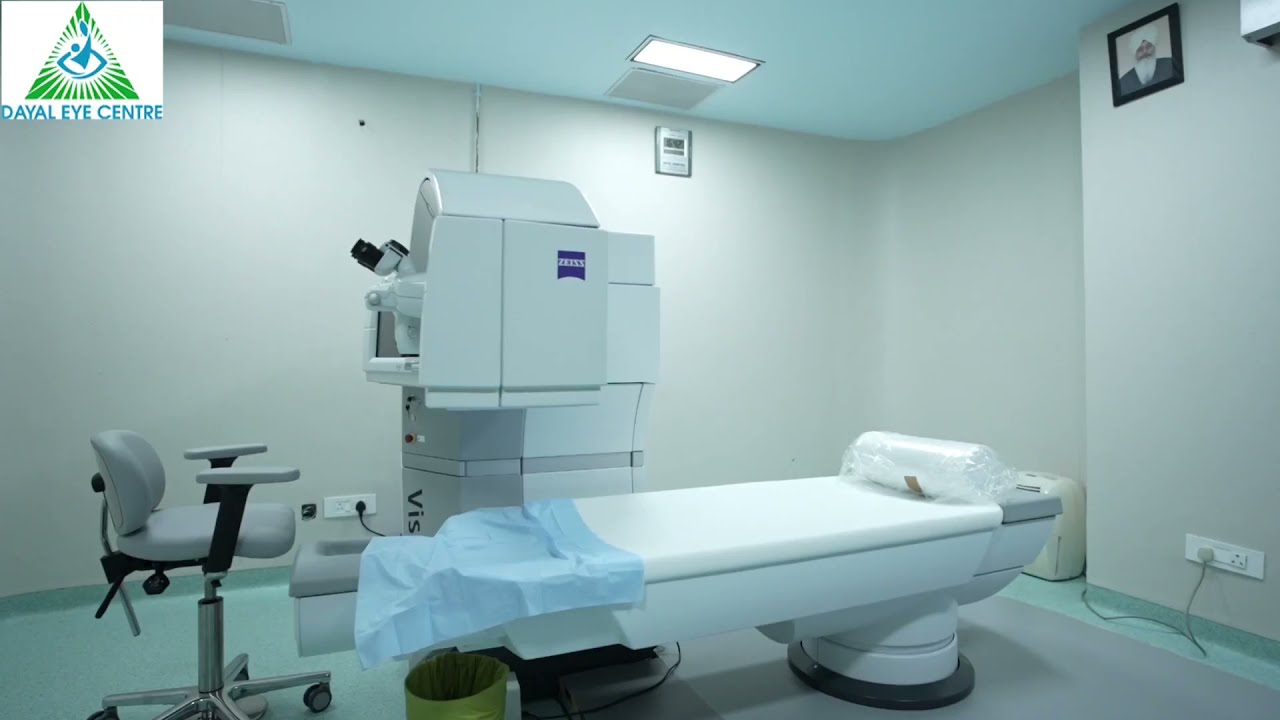
2:15
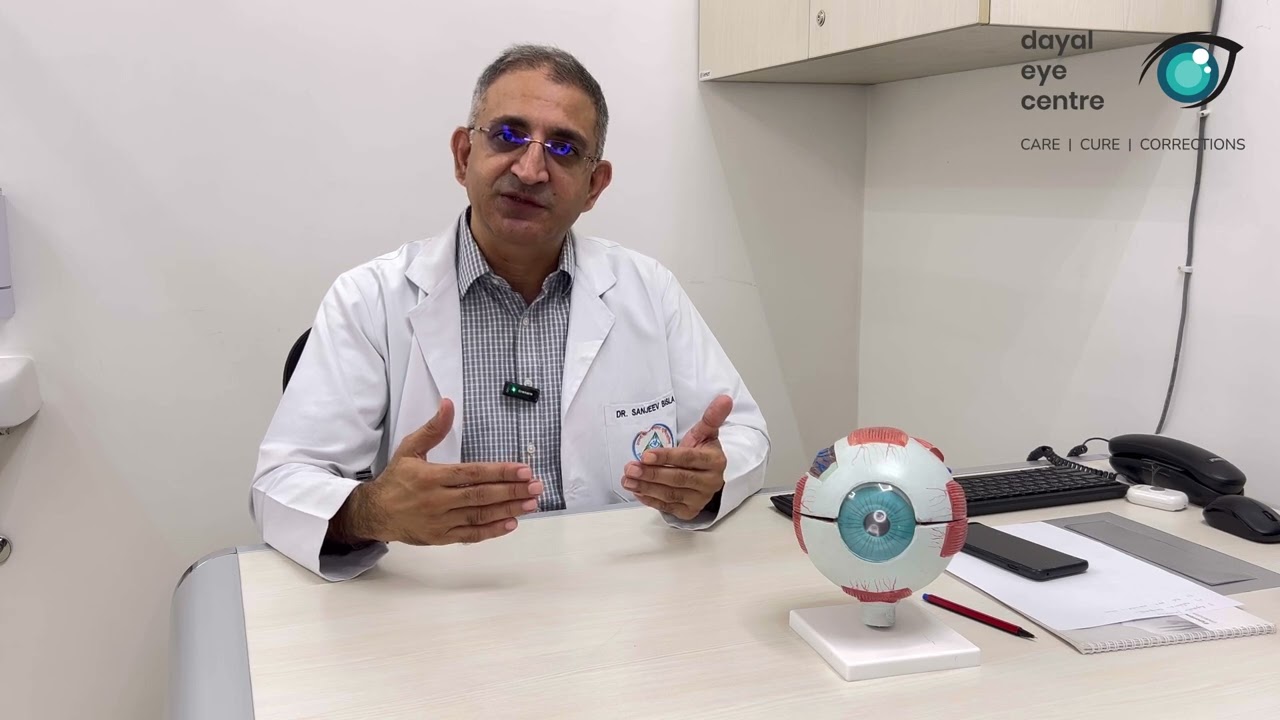
3:27
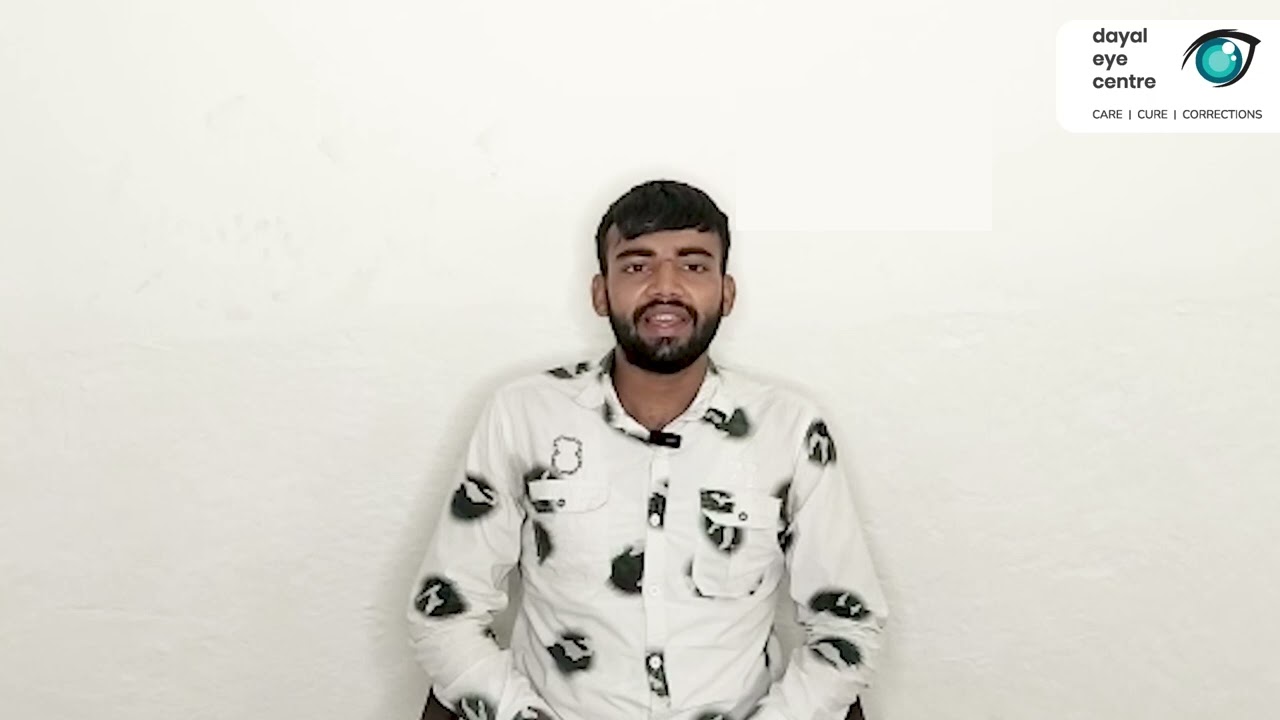
1:28
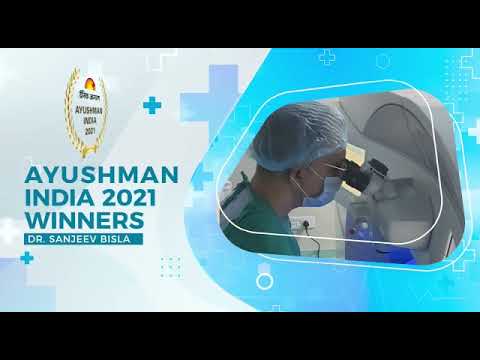
1:33
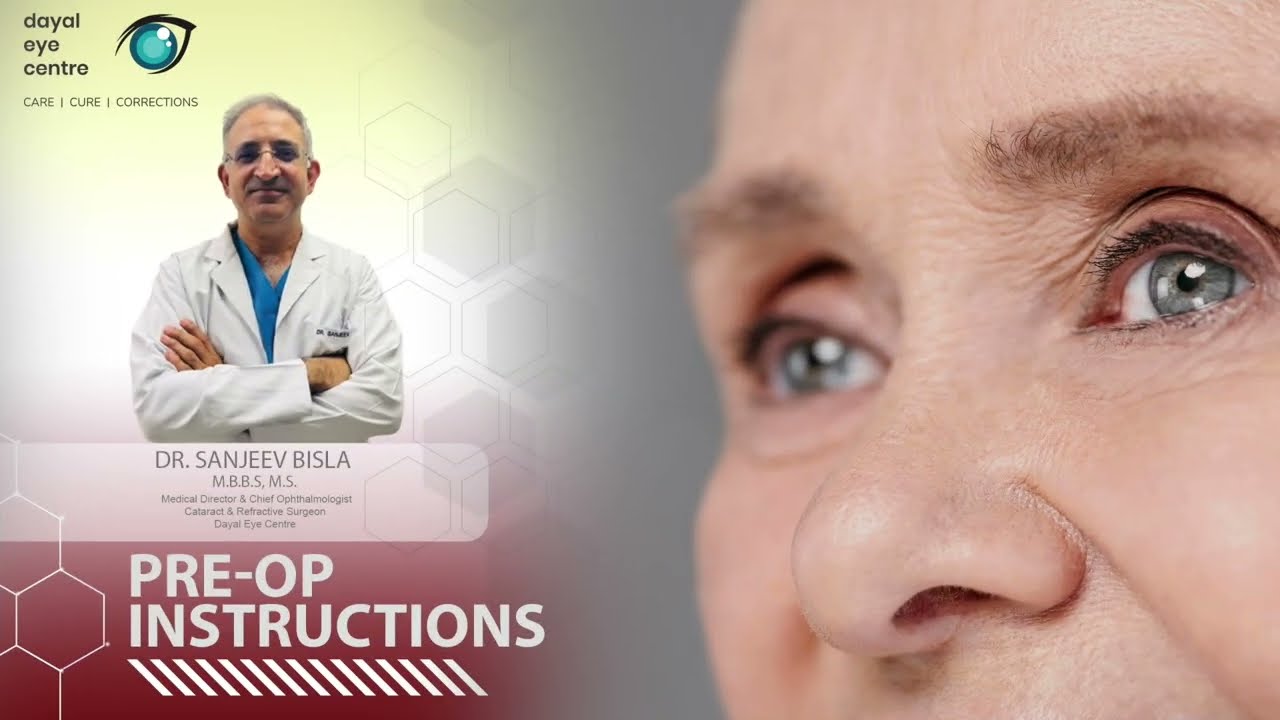
2:49
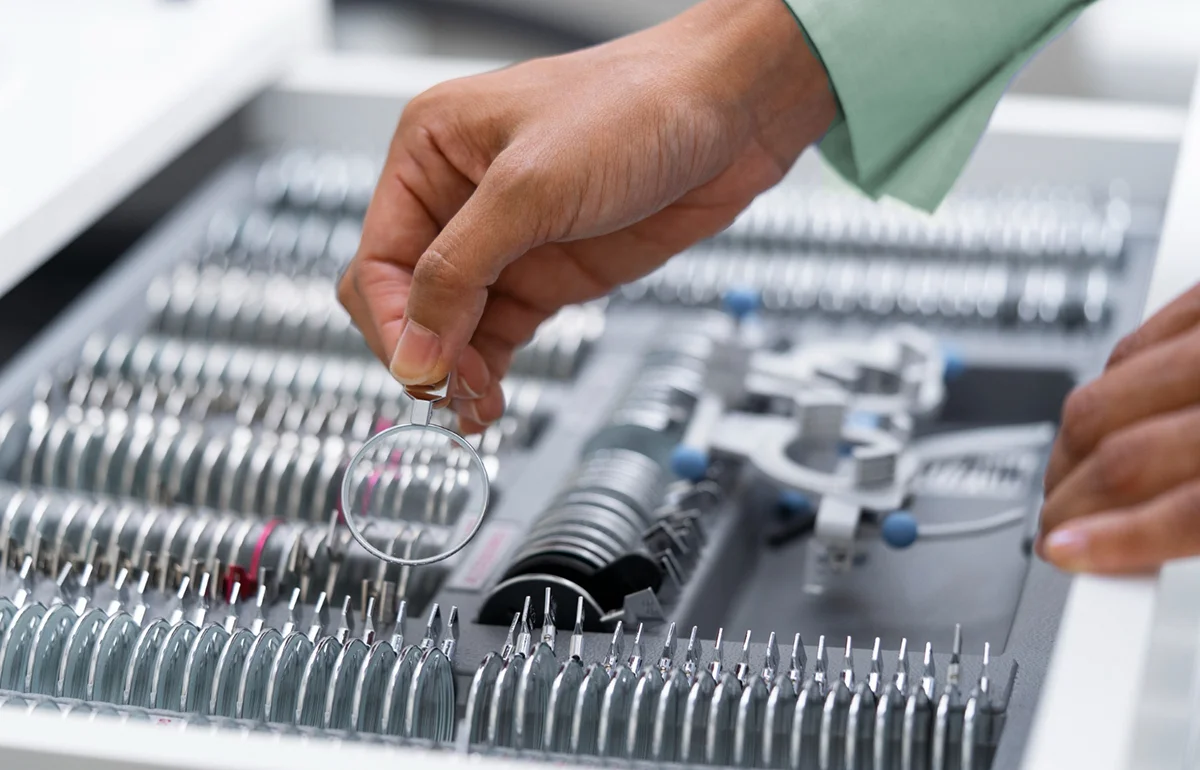
1:42
Our Expert Team
How Are We the Best for Retinal Treatment in Haryana?
Amsler Grid Test: We use this test to check for changes in your central vision. Wavy or absent lines could indicate problems with the macula.
Optical Coherence Tomography (OCT): This non-invasive scan gives a highly detailed image of the retina. It helps us detect swelling, holes, or changes linked to diseases like macular degeneration.
Fundus Autofluorescence (FAF): We use this to highlight damaged areas of the retina using natural pigments in the eye.
Fluorescein Angiography: A special dye helps us to see blood flow in the retina, revealing any blockages, leaks, or abnormal vessels.
Indocyanine Green Angiography: This allows us to view deeper blood vessels behind the retina for a more complete diagnosis.
Ultrasound: If your eye is hard to examine directly, we use ultrasound to get a clear view of the internal structures.
CT and MRI Scans: In rare cases, we recommend these scans to assess injuries or possible tumors near the eye.
We usually recommend retina surgery to treat severe retinal tears or detachments. This procedure involves removing the gel-like fluid (vitreous) inside your eye and replacing it with a clear solution or a gas/oil bubble.
Doing this helps relieve any pulling on the retina and gives it the support it needs to heal.
- We administer anesthesia, either local or general, to ensure your comfort during the procedure.
- A small incision is made in the outer part of your eye.
- We use a microscope and delicate instruments to remove the damaged vitreous, along with any debris or scar tissue.
- We repair any retinal tears and replace the fluid with sterile saline, silicone oil, or gas to support healing.
- Finally, we close the incision.
You may experience temporary side effects like eye pressure changes or cataract formation, but we closely monitor your recovery.
Think you might need retinal surgery? Let us talk early and plan the right care for your eyes.
At Dayal Eye Centre, we assist you at every single step of your recovery to ensure that you heal safely after retinal surgical treatment and restore your vision.
Recovery Timeline
Most of our patients are able to go home on the same day. It can take anywhere between 3 to 8 weeks, depending on the procedure.
Pneumatic Retinopexy: About 3+ weeks.
Scleral Buckle: Around 4+ weeks.
Vitrectomy: At least 4 weeks.
Some patients like to use protective eyeglasses to protect the eye and be light-sensitive. We also prescribe eye drops to prevent infection and swelling. In those early days, take lots of rest and avoid heavy or sudden movement.
Positioning Matters
If we have placed a gas bubble inside your eye, you may need to keep your head in a specific position, as we want the gas bubble to stay in place. We will tell you exactly how to do this. Avoid bending, lifting, and high altitude (like being on an airplane) until we say it is safe.
Follow-Up Visits
We arrange follow-up visits to monitor your eye’s healing progress and adjust your care plan as needed.
Vision Recovery
Most people begin to notice clearer vision after 4-6 weeks, but it may take several months, or even longer, for your eyesight to stabilize fully.
Don’t worry if you have questions about your recovery plan. We will walk you through it step-by-step. Reach out to get personalized support.
to Consider Retinal Surgery?
- If you have retinal tears, surgery helps seal the tear and prevent further damage.
- Sudden symptoms like flashes of light, new floaters, or a shadow in your vision could mean urgent intervention is needed.
- Surgery is the most effective when the macula (central part of the retina) is still in place.
- Once retinal detachment is confirmed, surgery is usually done within a few days to protect your vision.
Ignoring symptoms can lead to permanent blindness. So, act fast to protect your eyesight. Book a consultation with us now!
Depending on your health, we might ask for a few basic tests, like a blood test, before the procedure.
- If you are feeling unwell, like having a fever, rash, or cold, please let us know as soon as possible. We may need to reschedule.
- Refrain from eating or drinking anything after midnight prior to your surgery.
- Please don’t consume alcohol the day before your procedure.
- Dress in loose, comfortable clothing, and avoid bringing makeup, jewelry, or valuables.
- Make sure a responsible adult can drive you home and stay with you the night after surgery.
- Plan to be at the center for about 2.5 hours.
If you need assistance with planning your visit, feel free to call us. We are here to help!
More Details about Retinal Surgery in Haryana
Cost for Retinal Detachment in Haryana
Average cost of Retinal Surgery in Gurgaon is Rs, 52,000 to Rs. 83,000 per eye.
Pyment Options Available in Dayal Eye Centre

- Helps save and improve vision by treating the root cause of many retinal problems.
- Laser treatment is quick, doesn’t need cuts, and can often be done without staying in the hospital.
- Even for surgeries that need cuts, new methods mean smaller wounds, less pain, and faster healing.
- Every eye is different. So, treatments are personalized for what your eye really needs.
- Aims to keep your vision stable over time and stop problems from getting worse.

- We make sure to provide clear post-surgery instructions. Please follow them carefully for a smooth recovery.
- Prescribed eye drops and medications must be taken exactly as directed.
- Wear protective eyewear to keep your healing eye safe.
- Limit physical activities like heavy lifting, bending, or strenuous exercise during recovery.
- If your procedure requires specific hand positioning, we will guide you on how to maintain it without pillows or supports.
- Contact us immediately if you notice any sudden vision loss, increased redness, floaters, or flashes of light.
- Consume foods high in vitamins A, C, and omega-3s to promote better eye health.
- Stay hydrated to help your body heal naturally.
- Steer clear of smoking and alcohol, as they can slow down the healing process.

- Retinal detachment or new tears
- Scarring inside the eye (proliferative vitreoretinopathy)
- Eye infection (endophthalmitis)
- Bleeding in the eye (vitreous hemorrhage)
- Increased eye pressure
- Vision loss (rare)
- Loss of the eye (very rare)
Frequently Asked Questions
Dayal Eye Centre is a leading eye care center in Gurgaon that focuses on the health of your retina. Our skilled doctors provide expert care for various retinal conditions, such as diabetic retinopathy, macular degeneration, and retinal detachment. Using advanced technology like optical coherence tomography (OCT) and fluorescein angiography, we ensure accurate diagnosis and effective treatment.
What is the best treatment for the retina?
Laser therapy is an effective treatment for retinal conditions like diabetic retinopathy and retinal tears. Early diagnosis improves success rates.
How successful is retina repair?
Retina repair surgeries have a high success rate, often above 90%, especially when performed early. Recovery and vision improvement depends on the severity of the condition.
Can the retina heal without surgery?
A detached retina cannot heal on its own and requires prompt surgical intervention to prevent permanent vision loss.
How do I tell if my retina is damaged?
Symptoms of retinal damage include sudden onset of floaters, flashes of light, or a shadow/curtain effect over your visual field.
How can you check your retina at home?
While you can’t directly examine your retina at home, being vigilant about changes in vision—like new floaters or flashes—can prompt timely medical evaluation.
